Carl Wilkens, the only American who chose to stay in Rwanda during the genocide in the mid-1990s, sat down with Whitman history classes Wed. April 22 to discuss his experiences in Rwanda.
Wilkens spoke to AP European History, Modern World History, Global Issues, Human Geography and AP World History classes after parent Bill Wasserman, who lived in Rwanda for a year, invited him to speak.
The genocide began in 1994, after nearly a decade of civil conflict between the Hutus, the ethnic majority, and the Tutsis, a small band of rebel minorities who fought to reverse the Hutu’s discriminatory policies. Extremists used the death of the prior president as an excuse to murder hundreds of thousands of Tutsis and any Hutu who opposed them.
What followed was four of the bloodiest months the world had ever seen: neighbors massacred neighbors and rogue militias butchered whole villages. By the end of the hundred days of slaughtering, nearly a million people died, leaving the country in ruins.
“The talk instilled in me a profound sense of sorrow for the victims of the genocide,” junior Luke Rychlik said.
Defying the recommendations of his friends, church, and the U.S. government, Wilkens decided to stay in Kigali, Rwanda after the genocide began in order to protect his Tutsi nightwatchman and housekeeper, who had both lived with his family. Wilkens’ wife and daughter fled the country during the mass evacuations after the genocide began, leaving Wilkens alone in his house with the two Tutsis.
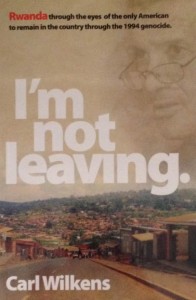
“[I] was the only American to remain in Kigali during the genocide,” Wilkens wrote in his book, I’m Not Leaving.
However, Wilkens remained in Rwanda not only to protect his employees, but also a local orphanage.
“[The radical Hutus] would kill everybody in the orphanage. Tutsi, Hutu, it didn’t matter—anyone hiding there would be killed.” Wilken wrote.
Luckily, Wilkens’ presence was able to prevent this from happening, he said.
“When they saw me, they paused,” Wilkens wrote. “I don’t know if it was the handheld radio that I was holding up to my mouth or if it was just the fact that I was a foreigner, but they didn’t continue coming straight instead.”
Wilkens’ presence resulted in a half-hour standoff until he left the orphanage in the hands of a police contingent in order to talk to the Prime Minister, who was in charge of the killings. The prime minister eventually called off the assault on the orphanage, which surprised Wilkens.
Additionally, Wilkens spoke about his day-to-day, life in which he was often approached by angry militiamen with machetes and machine guns.
“I hope that eventually every person can have the courage that Dr.Wilkens had,” Rychlik said.
Towards the end of the presentation, Wilkens’ showed clips of a 40-min documentary that captured the Wilkens family experience during the genocide, also titled I’m Not Leaving. The film will be released to the public soon.
Clips included Wilkens and his housekeeper living with low food and water reserves and gunfire in the background. Another clip, a Rwandan tourism video, showed the nation’s recovery from the genocide, which ended later in 1994.
“Rwanda teaches that there’s hope after a massacre,” Wilkens said.
Once he finished speaking, Wilkens encouraged students to take copies of his book free of charge.
“The people of Rwanda have decided not to be defined by what they’ve faced,” Wilkens said. “It’s what you do next that defines you.”



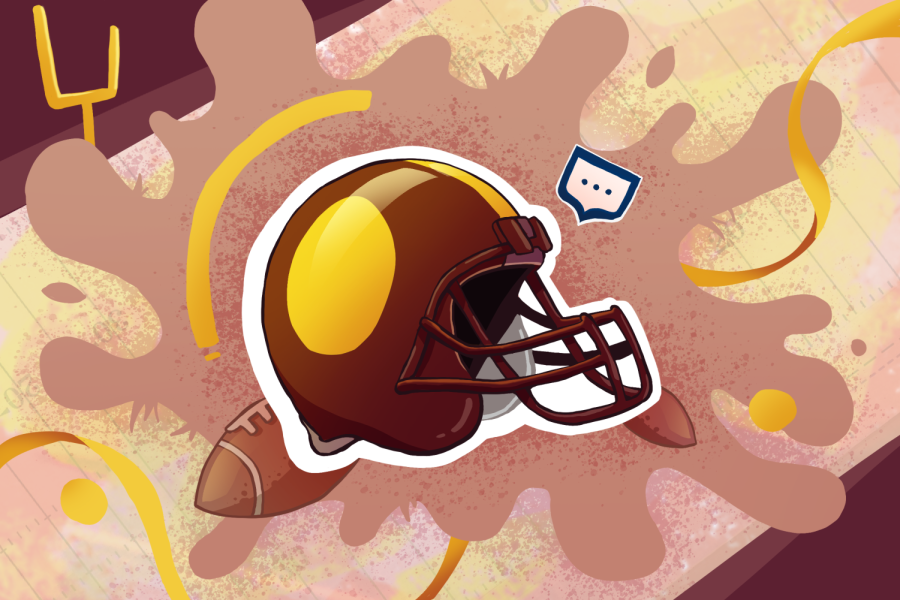




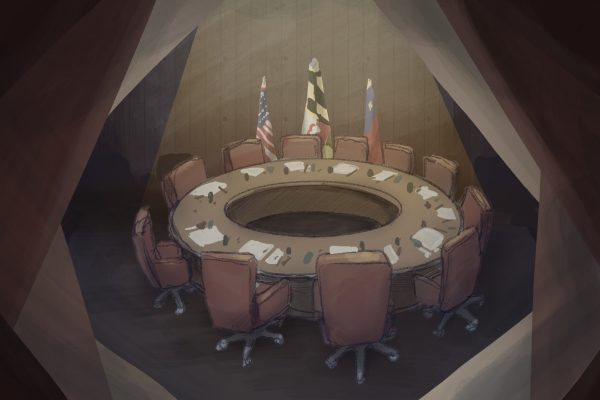
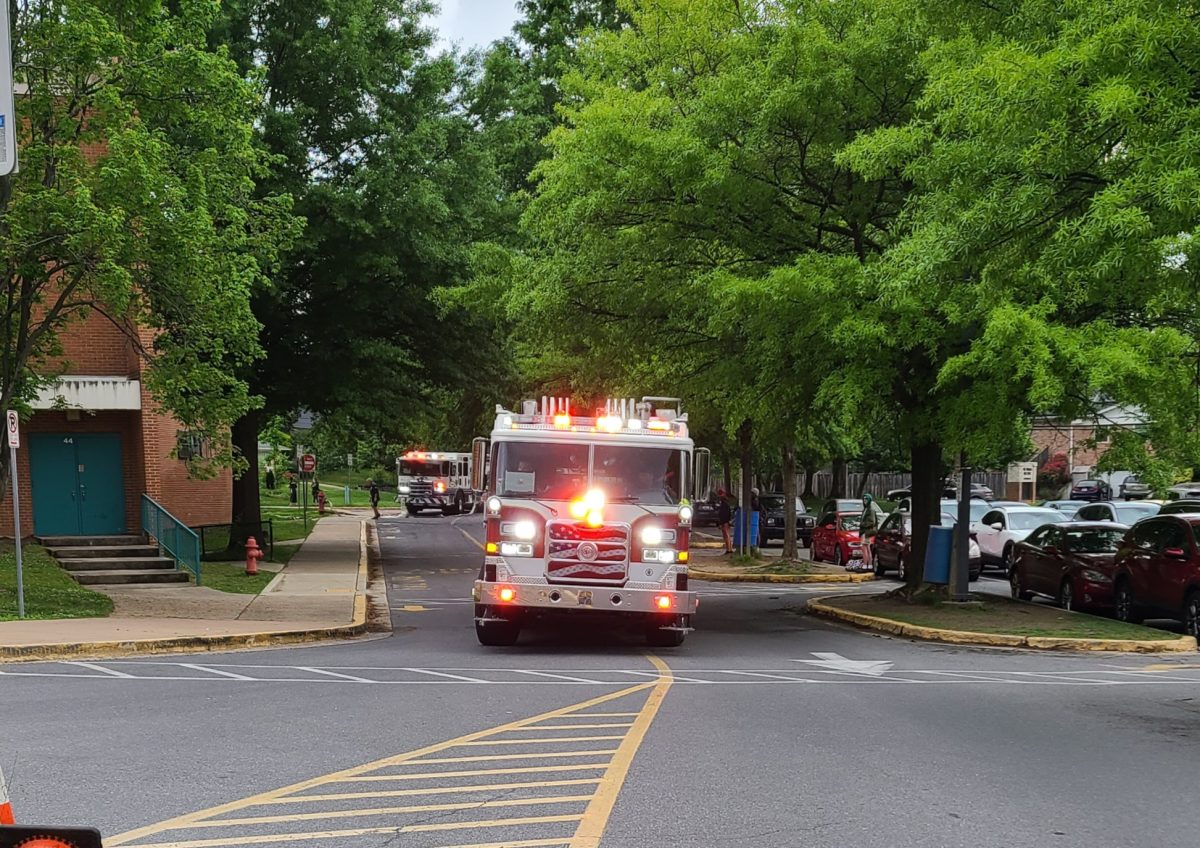

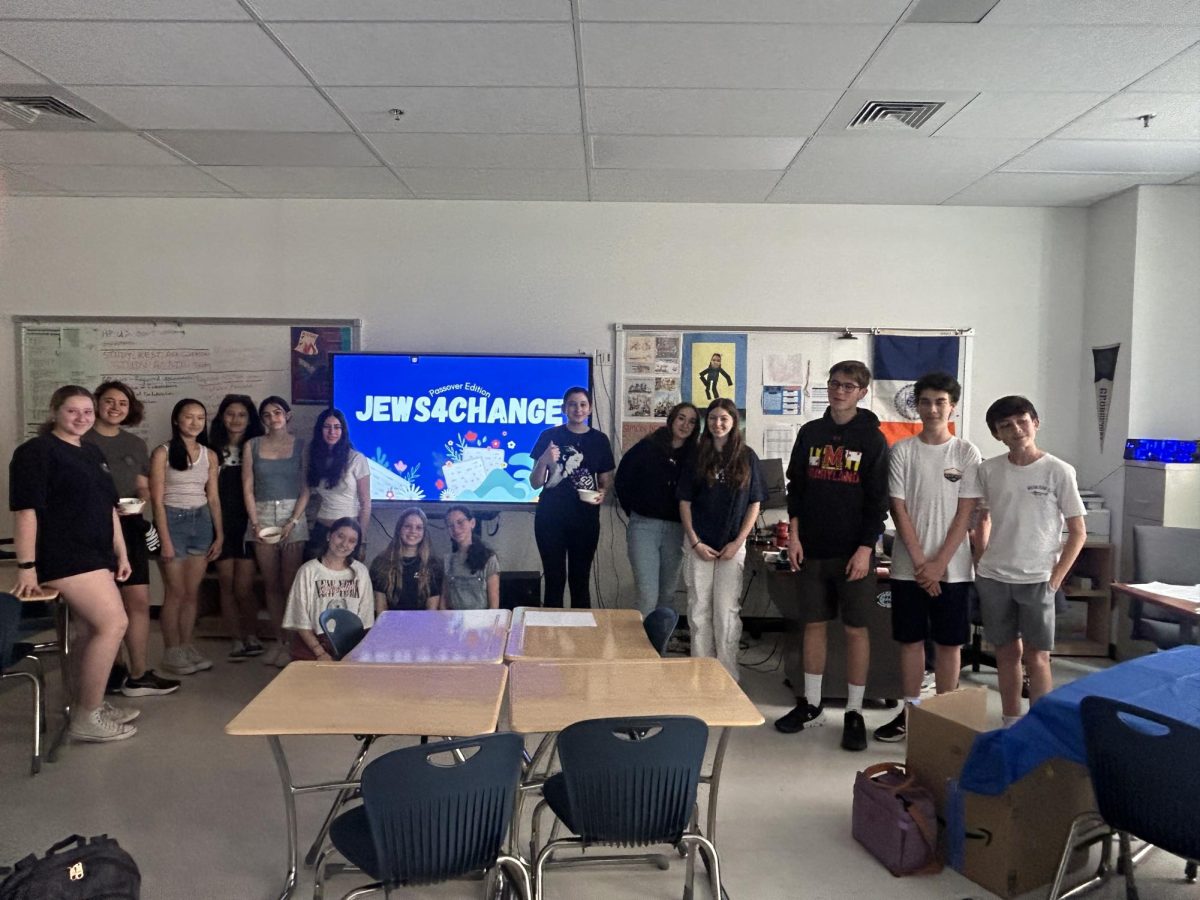
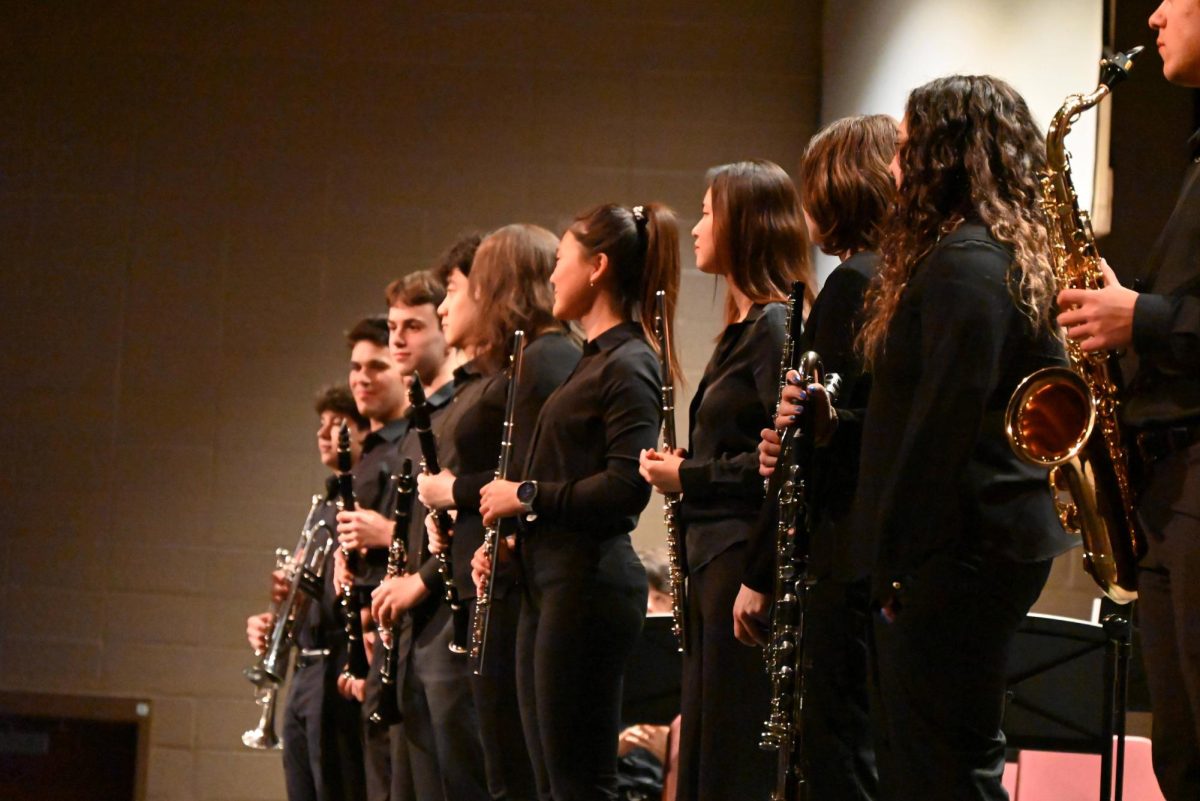
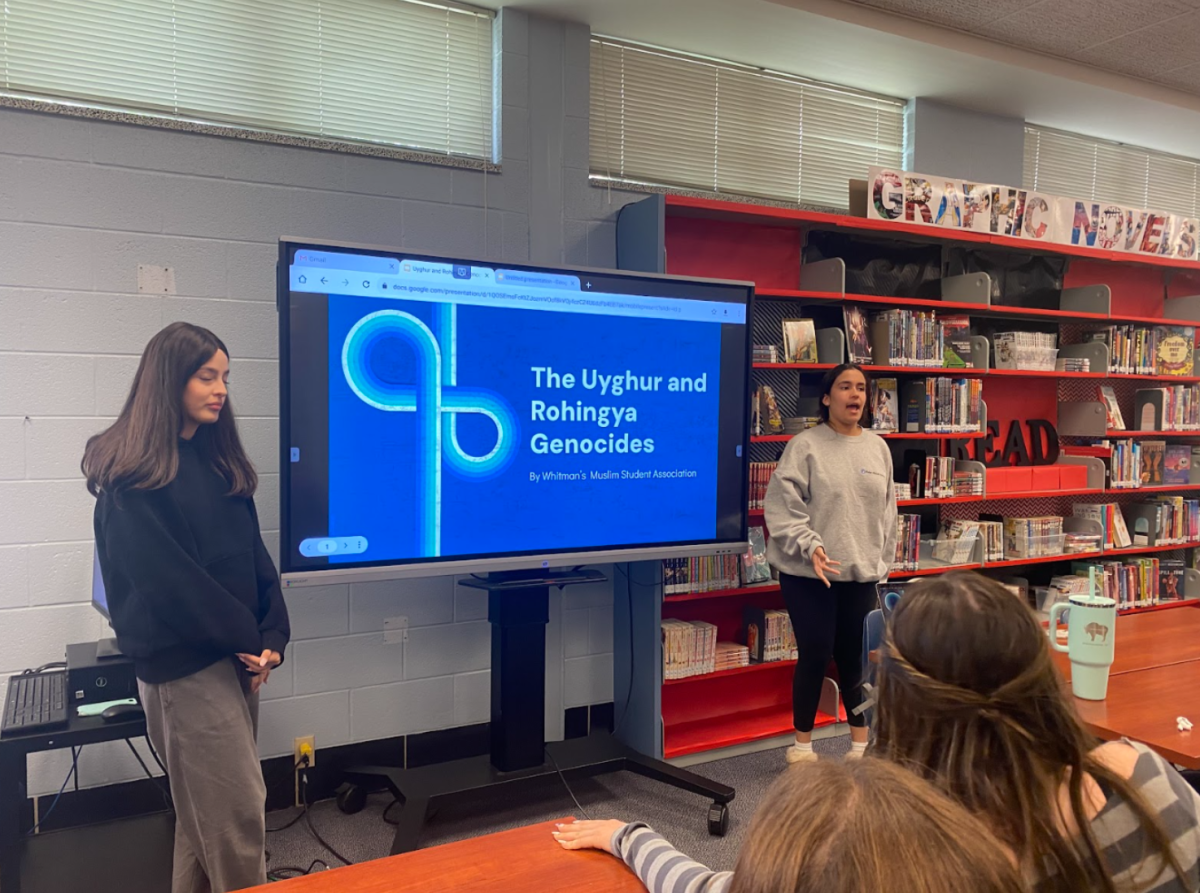
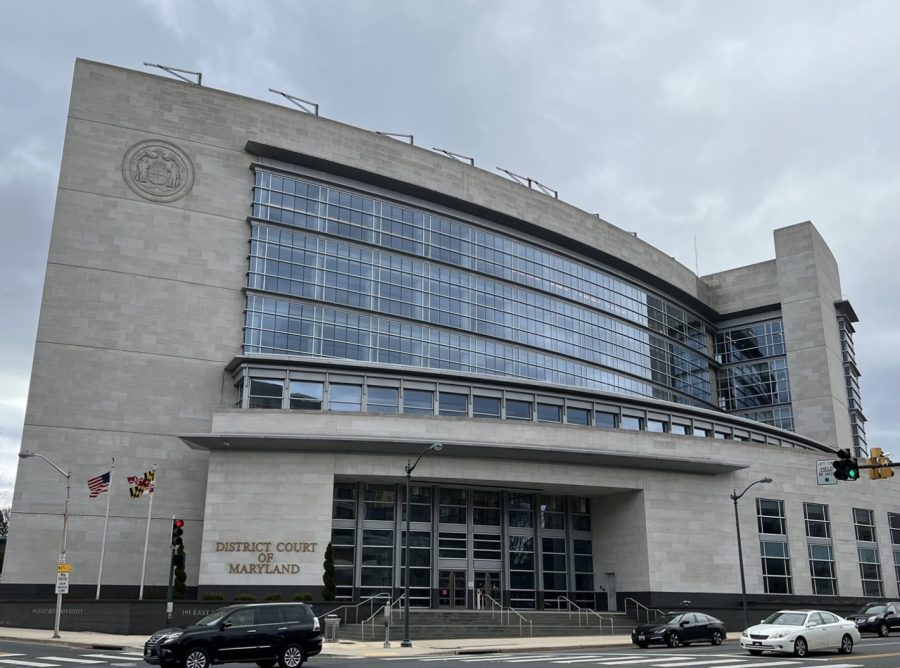
Murgatroid Harthsbone • Apr 29, 2015 at 11:18 am
excellent work Mary. Matthew would be proud.